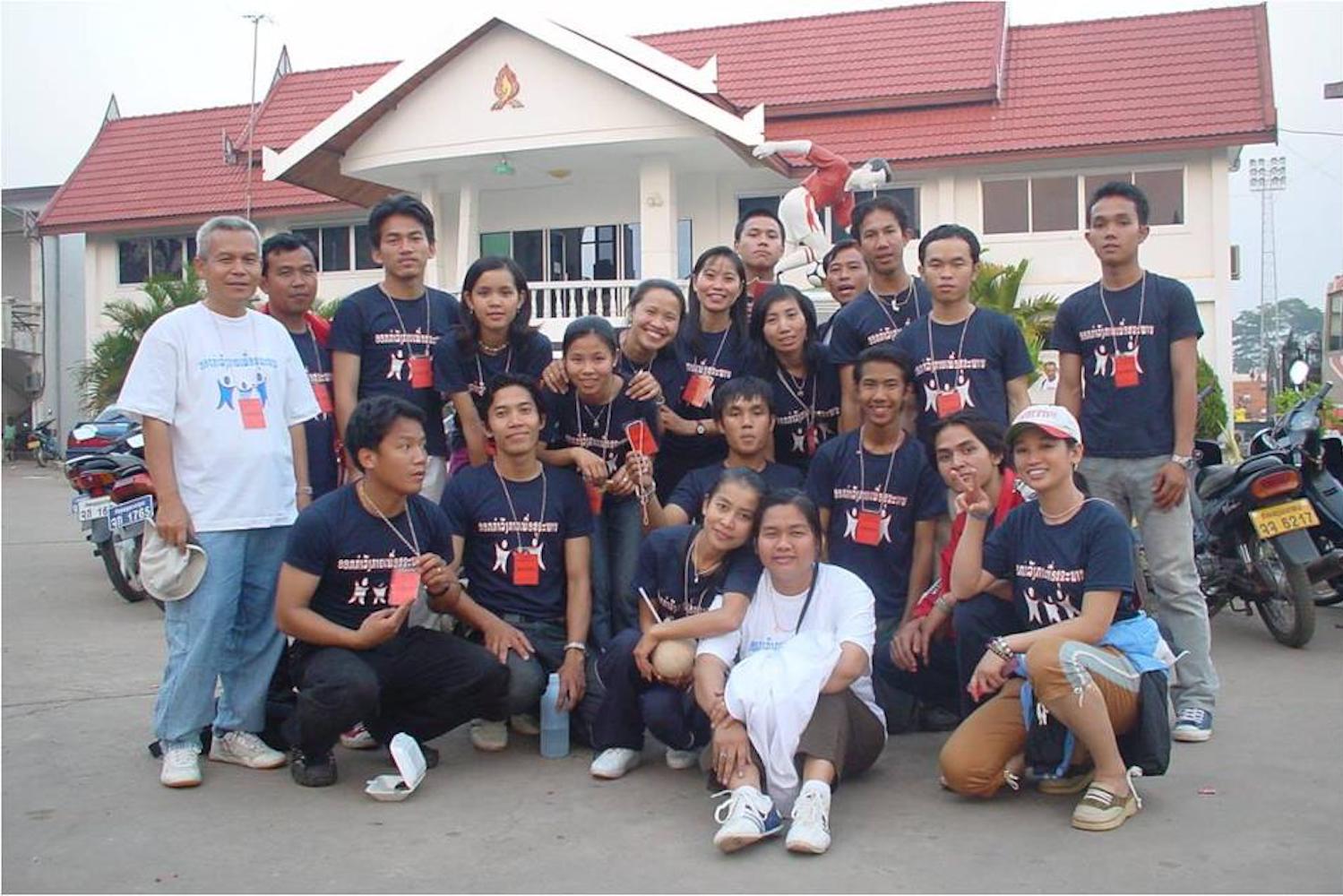[et_pb_section admin_label=”section”]
[et_pb_row admin_label=”row”]
[et_pb_column type=”4_4″][et_pb_text admin_label=”Text”]Neue Zürcher Zeitung: 15 Dezember 2019
Obwohl die laotischen Behörden versprochen haben, den Fall aufzuklären, gibt es keine Ergebnisse. Bald werden sie vor der Uno dazu Stellung nehmen müssen.

Es ist dunkel. Die Aufnahmen der Überwachungskamera sind körnig und unscharf. Dennoch ist zu erkennen, wie ein Jeep vor einem Polizeiposten in der laotischen Hauptstadt Vientiane anhält. Der Fahrer steigt aus und geht in den Posten. Wenig später kommt der Mann wieder aus dem Polizeiposten, nun in Begleitung zweier Personen. Sie steigen in einen weissen Geländewagen, der davonbraust, noch bevor die Türen geschlossen sind. Continue reading “Seit sieben Jahren ist der Bürgerrechtler Sombath Somphone verschwunden – die Regierung von Laos hat darauf keine Antwort”



 To mark your 7th anniversary, we held a prayer and blessing ceremony for you at Wat Na Khoun Noi Forest temple – the temple that you have had such a long and close affiliation with, and have helped initiate the Buddhist Development Program to train monks, nuns and novices to use the Buddhist teachings as the basis for development of the self, and their families and communities.
To mark your 7th anniversary, we held a prayer and blessing ceremony for you at Wat Na Khoun Noi Forest temple – the temple that you have had such a long and close affiliation with, and have helped initiate the Buddhist Development Program to train monks, nuns and novices to use the Buddhist teachings as the basis for development of the self, and their families and communities. 
 As families and rights groups prepare to mark the seventh anniversary Sunday of prominent Lao activist Sombath Somphone’s disappearance, the families of two other missing activists are lamenting the lack of answers from the communist government on their loved ones.
As families and rights groups prepare to mark the seventh anniversary Sunday of prominent Lao activist Sombath Somphone’s disappearance, the families of two other missing activists are lamenting the lack of answers from the communist government on their loved ones.


 Sombath Somphone, a well-known civil society organizer, is the most famous “forced disappearance” in Laos.
Sombath Somphone, a well-known civil society organizer, is the most famous “forced disappearance” in Laos.
 …the Government of Lao PDR has yet to take meaningful action to resolve the case of civil society leader Sombath Somphone, who was disappeared in 2012, despite repeated commitments to do so.
…the Government of Lao PDR has yet to take meaningful action to resolve the case of civil society leader Sombath Somphone, who was disappeared in 2012, despite repeated commitments to do so.